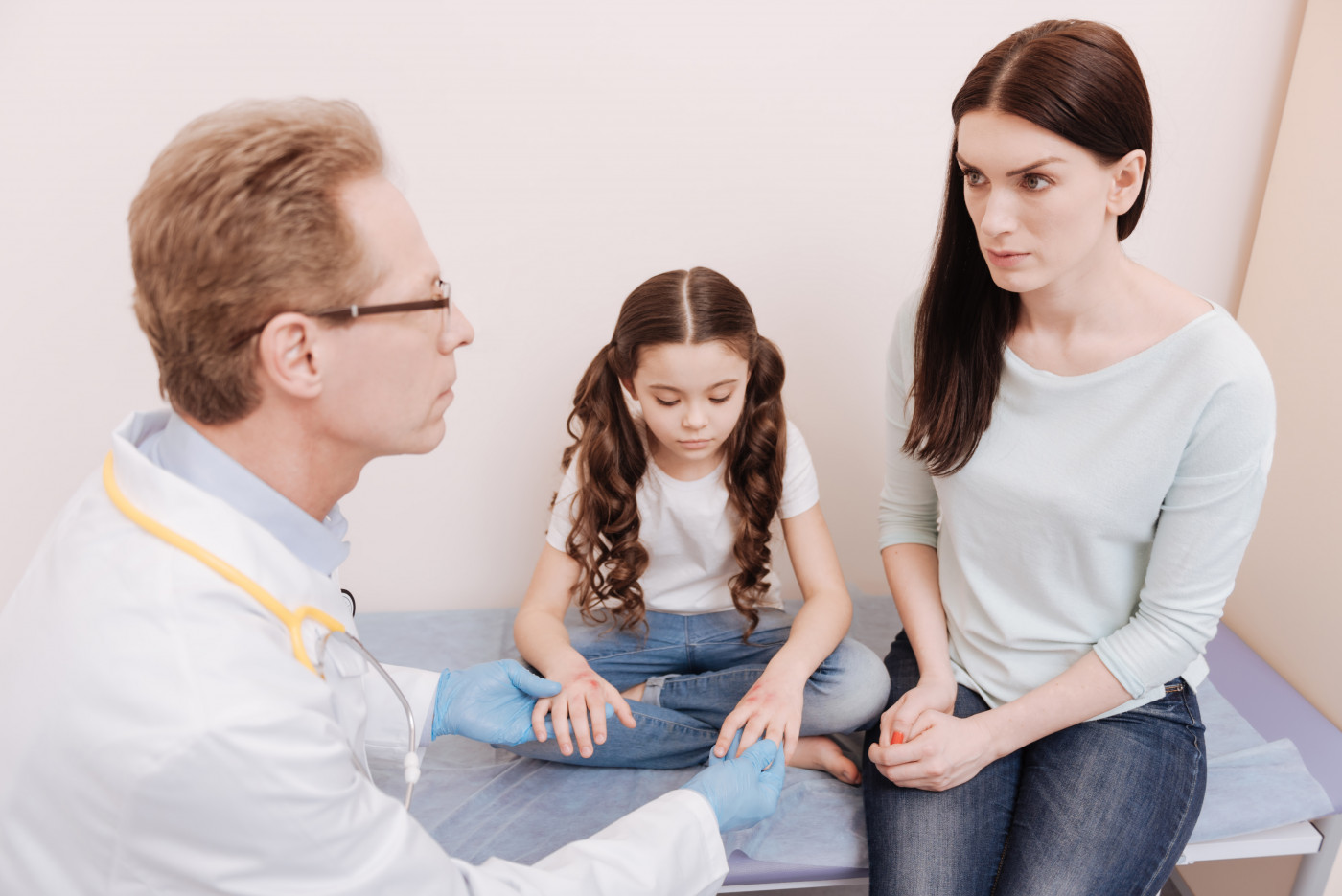How to Talk to Your Doctor About XLH

If you have a doctor who is knowledgeable about X-linked hypophosphatemia (XLH), you should make the most of your visits, particularly in the weeks and months following your diagnosis.
Here’s a guide that may help you start the conversation with your doctor and get answers to your questions about XLH.
About the disease
XLH is a rare genetic disease characterized by low phosphate levels in the blood, which can lead to a number of symptoms in children and adults, including bone abnormalities and muscle weakness and pain.
At your appointment with the doctor
Doctor visits can move very quickly, so preparation is key to a successful appointment. Prior to your visit, write down questions and concerns as you think of them instead of trying to remember them.
For example, you or your child could have new or worsening symptoms you are concerned about. Or you might want to ask about treatments and their side effects or benefits. Finally, there could be questions friends or family have asked you that you couldn’t answer and would like the doctor’s view.
Here are some other tips to ensure your appointment is as successful as possible:
- If possible, bring a family member or friend for support.
- Don’t hesitate to ask your doctor to repeat, explain, or write down information for you.
- When making important health decisions, speak freely about preferences and concerns.
- Ask for additional educational resources such as brochures or websites, or other sources where you can find support and information.
Questions to ask your doctor
Talking with your physician about a complex and rare disorder such as XLH can be challenging. Here are some sample questions that can help you start the conversation, explain your concerns about XLH, or get answers quickly.
Questions about the disease
- How does XLH affect my/my child’s body?
- What are the symptoms?
- I heard that I/my child may develop problems with teeth and hearing. How will XLH cause these problems?
- How else is XLH likely to affect me/my child? Will I/my child need surgery?
- How will XLH affect my/my child’s lifestyle?
- Will XLH affect other family members?
Questions about testing
- What testing is needed to tell whether a person has XLH?
- What do my/my child’s test results specifically mean?
- Who else in my family should be tested for XLH?
Questions about treatment
- What treatments are available?
- Do I or my child have to take medications for the rest of our lives?
- Do I or my child need to be treated if we don’t feel sick or show symptoms?
- What are the side effects of treatments?
- What are the benefits of treatment?
- Can I continue to work, or can my child continue to be in school, during treatment?
- Where do we go need to go for treatment?
Questions about support
- Where can I get more information about XLH?
- Can you connect me with other people who have XLH?
- Are there support groups available for XLH?
Last updated: Sept. 25, 2020
***
XLH News Today is strictly a news and information website about the disease. It does not provide medical advice, diagnosis, or treatment. This content is not intended to be a substitute for professional medical advice, diagnosis, or treatment. Always seek the advice of your physician or other qualified health provider with any questions you may have regarding a medical condition. Never disregard professional medical advice or delay in seeking it because of something you have read on this website.






